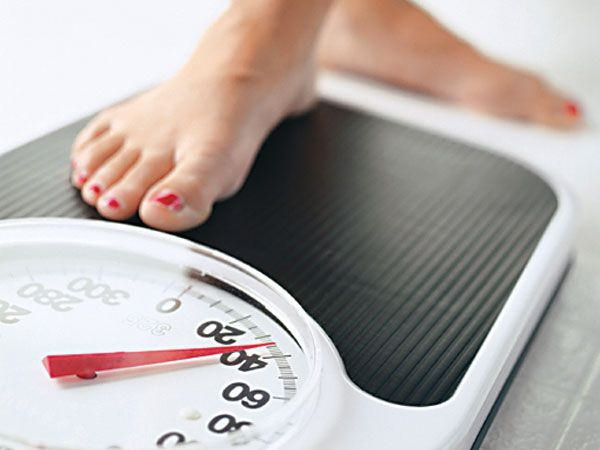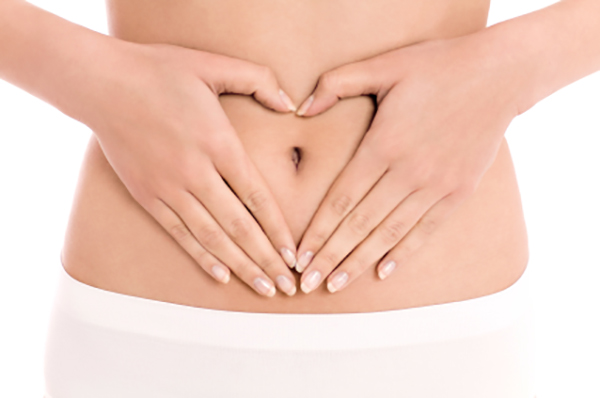
There’s so much excellent wisdom about increasing productivity that you could get seriously behind in your work researching the many ways to be productive. The books, blog posts, and TED Talks are shiny objects that I cannot resist. However, despite all the time I’ve spent unlocking the secrets to my productivity, I can’t say any of of the techniques became my permanent M.O. I suspect I’m not alone in that.
I do however have a pretty awesome productivity secret of my own that my clients and I have discovered along the way. It’s a little different because it’s not about setting up systems, planning, or scheduling. It’s more about removing what is blocking your mental clarity, energy, and motivation. From your dinner plate.
It’s gluten.
Surprised? If I had a dime for every client that has been truly astounded at how much more mental clarity and energy they gained by removing gluten from their diet, I’d be able to make a long distance call from a payphone. If I could find one. Here’s what one client said after being gluten free for about a month, “I got done in one hour what used to take me all day. The mental fog is totally gone.” Other clients (myself included) noticed how much less we procrastinate. Getting things done doesn’t feel like such a slog. There is more ease and less resistance. So your work gets done more efficiently, and more effectively as well.
I can’t help thinking… if going gluten free can make that much of a difference in productivity for one person, imagine if a whole company did it? Whoa.
Millions of us suffer from what is called “non-Celiac gluten sensitivity”. That’s when the proteins in gluten don’t necessarily cause digestive distress, but they do make you physically fatigued, mentally lethargic, and struggling with motivation. There is a whole spectrum of other conditions that glutlen sensitivity can lead to as well, from annoying to debilitating.
If you’re suffering from low energy and mental fog, try removing gluten from your diet for a few weeks and see what happens. Odds are you’re going to start feeling a lot better and getting your work done like a boss. Without blood, sweat, or even coffee.
Going gluten free might seem daunting at first because gluten is omnipresent in our diets. But it’s really not that difficult once you learn a few tricks. Restaurants are getting on the bandwagon and offering more and more gluten free options.
Do yourself a favor by doing it the right way. Swap all that bread and pasta for nutrient dense whole grains like quinoa, brown or black rice, and other whole food starches like sweet potatoes, not highly processed gluten free white bread and pasta. We want you to get healthier too, not just more productive.
And now a word from our sponsor… In my cleanse, I can show you how to go gluten free (and test for other common food sensitivities), significantly upgrade your nutrition, and get you taking better care of yourself than ever before. When you do that, your vitality, mood, and productivity skyrockets!
Now back to work!
Image credit: Alper Kutay Erke



